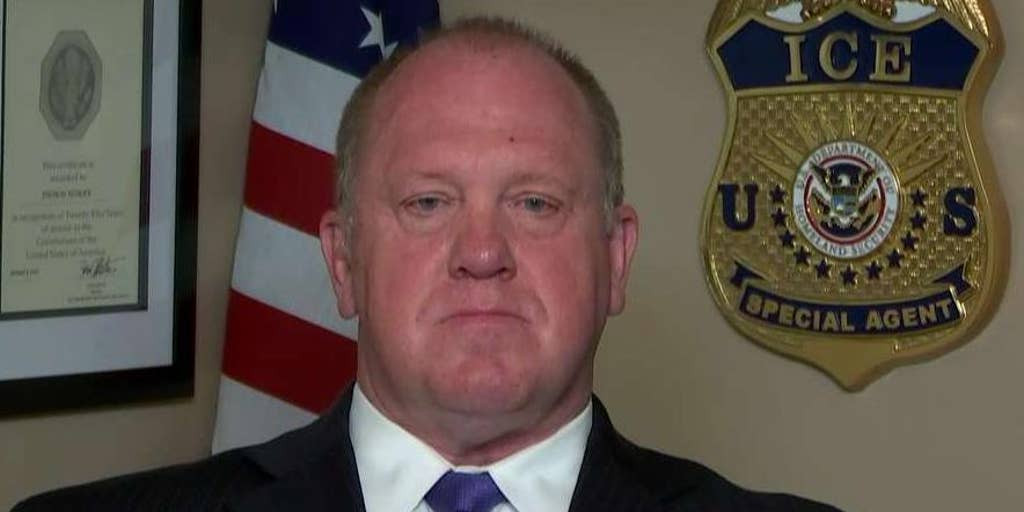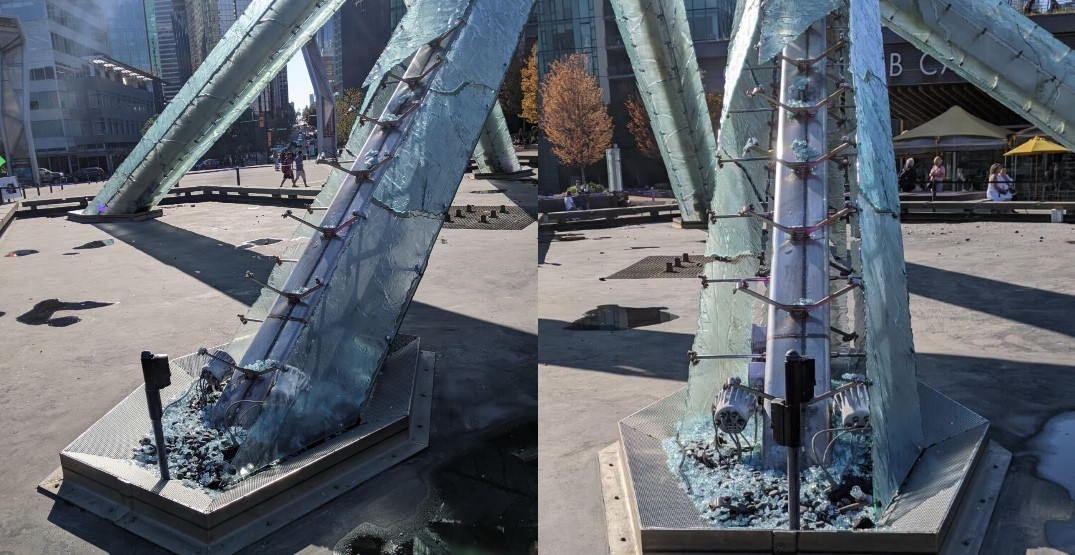It’s been less than a week since Donald Trump was declared the winner of the US presidential election over Democrat opponent Kamala Harris, after a long campaign that focused heavily on Trump’s flagship policy: immigration. During the campaign, Trump mentioned mass deportation at almost every rally, saying that America – which has an estimated illegal immigrant population of somewhere between 12 and 30 million – had “no choice” but to carry out the largest-scale deportation policy in US history. Meanwhile, Trump’s running mate JD Vance said that it would be reasonable to deport up to 1 million illegal immigrants a year.
Now, with the election won, the Republican President-elect took to social media on Sunday to declare his new “Border Czar” as Tom Homan. Homan formerly served as the Director of ICE – the Immigration and Customs Enforcement agency, which is primarily responsible for enforcing immigration law and deporting illegal immigrants. “I am pleased to announce that the former ICE Director, and stalwart on border control, Tom Homan, will be joining the Trump Administration, in charge of our Nation’s Borders (“The Border Czar”), including, but not limited to, the Southern Border, the Northern Border, all Maritime, and Aviation Security,” Trump said in a social media post. “I’ve known Tom for a long time, and there is nobody better at policing and controlling our borders. Likewise, Tom Homan will be in charge of all deportation of illegal aliens back to their country of origin.”
But what are Homan’s views on immigration? Here are some of his statements, in his own words.
“MASS DEPORTATION” IS A POLICY THAT “HAS TO BE DONE”
During a 60 Minutes interview a week before the election, Homan said that “mass deportation” was a policy that “has to be done”, and pushed back on the claim this is a “racist” measure. “I hear a lot of people say the talk of a ‘mass deportation’ is racist, [or] is threatening to the immigrant community,” he said. “It’s not threatening to the immigrant community. It should be threatening to the illegal immigrant community. But on the heels of a historic illegal immigration crisis, it has to be done.”
Asked during the same interview if there was “a way to carry out mass deportation without separating families”, Homan replied: “Of course there is. Families can be deported together.” Homan was asked why a child whose parents came to America illegally should be deported to a country they’ve never known. “Because their parent absolutely entered the country illegally, had a child knowing he was in the country illegally, so he created that crisis,” he said. Asked if an illegal immigrant grandmother might be deported, Homan replied: “It depends. Let a judge decide. We’re only going to be removing people that the judge has already deported.” He went on to say that a mass deportation policy would not be done in the form of haphazard “mass sweeps of neighbourhoods,” but rather with “targeted arrests” based on “numerous investigative processes,” often at illegal immigrants’ places of work. “Worksite enforcement operations are not just about people who are working illegally in the country and companies that hire them, that’s going to undercut their competition that has US citizen employees. It’s where we find a lot of trafficking cases – women and children who are in forced labour to pay off the smuggling fees.” He also argued that policies like this “save lives”, adding: “While you and I are talking right now, a child is going to die at the border. So we thought maybe if we prosecute people, they’ll stop coming.”
Homan went on to say that if he was in charge of the immigration system his “priorities” would be “public safety threats and national security threats first.”
ILLEGAL IMMIGRATION DRIVEN BY LACK OF “CONSEQUENCES”
He further said that illegal immigration was being driven by the fact that there are “no consequences” for breaking the law. “It’s not OK to enter a country illegally, which is a crime,” he said. “That’s what drives illegal immigration – when there’s no consequences. The Biden-Harris administration has proven this. You can get to the border, turn yourself in, and get released within 24 hours.”
“WHAT PRICE DO YOU PUT ON NATIONAL SECURITY?”
When it was put to him that some research allegedly claimed it would cost $88 billion to deport a million people a year, Homan replied: “I don’t know if that’s accurate or not…[but] what price do you put on national security?” Meanwhile, at the Republican National Convention earlier this year, he sent a message to the illegal immigrant population of America. “I’ve got a message to the mass of illegal immigrants that Joe Biden released in our country: you better start packing now.”
The Cost of Deportation
The cost of mass deportations has been a subject of much debate. Some estimates suggest that it would cost over $88 billion to deport even 1 million undocumented immigrants a year. This figure is based on the cost of arresting, detaining, processing, and deporting individuals, as well as the impact on industries that rely on undocumented labor. However, proponents of mass deportation argue that the cost is justified by the benefits of increased national security and reduced strain on social services. They also point out that the cost of deporting undocumented immigrants is offset by the savings in social services that they would no longer be eligible for.
Trump’s Second Term: A New Era for Immigration Policy?
Trump’s appointment of Homan as “Border Czar” signals a clear intent to pursue a hard-line approach to immigration in his second term. Homan’s history of advocating for mass deportation and his commitment to prioritizing “public safety threats and national security threats” suggest that the Trump administration is likely to take a more aggressive stance on immigration enforcement than it did during its first term. This could have significant implications for undocumented immigrants living in the United States, as well as for the nation’s economy and its international relationships.
What’s Next?
The appointment of Homan as “Border Czar” is just the latest development in what is shaping up to be a tumultuous second term for Trump. With a number of key policy areas, including immigration, poised for significant change, the next four years promise to be eventful for the United States. It remains to be seen whether Trump will be able to deliver on his campaign promises and what impact his policies will have on the country and the world.

















